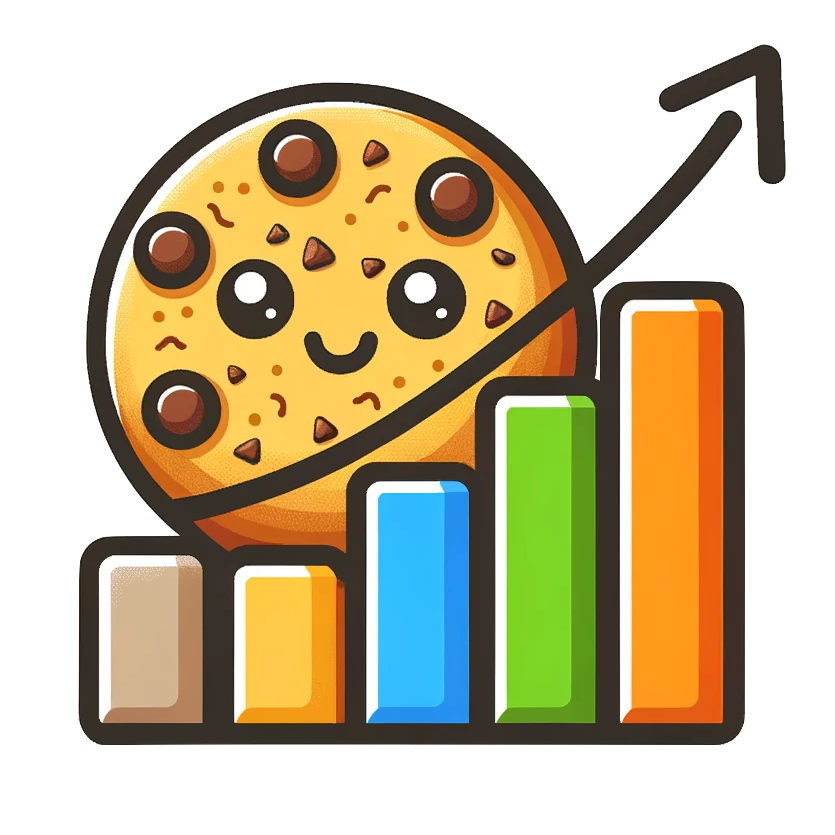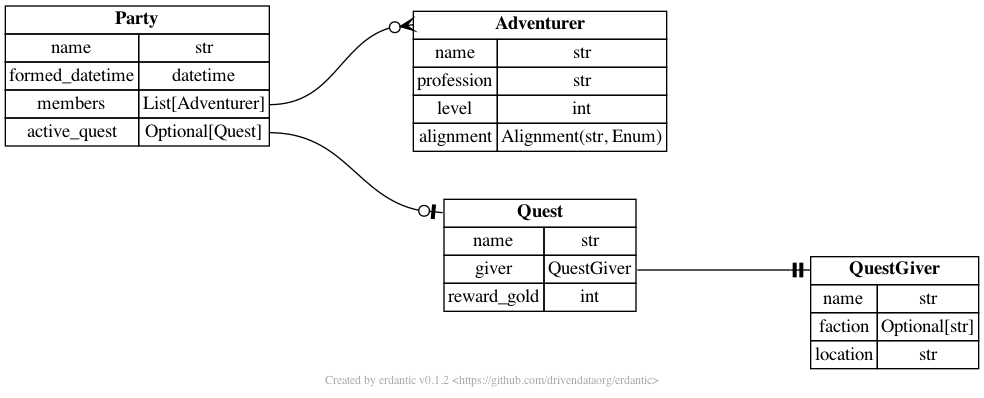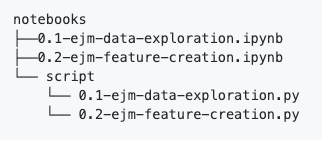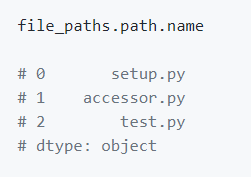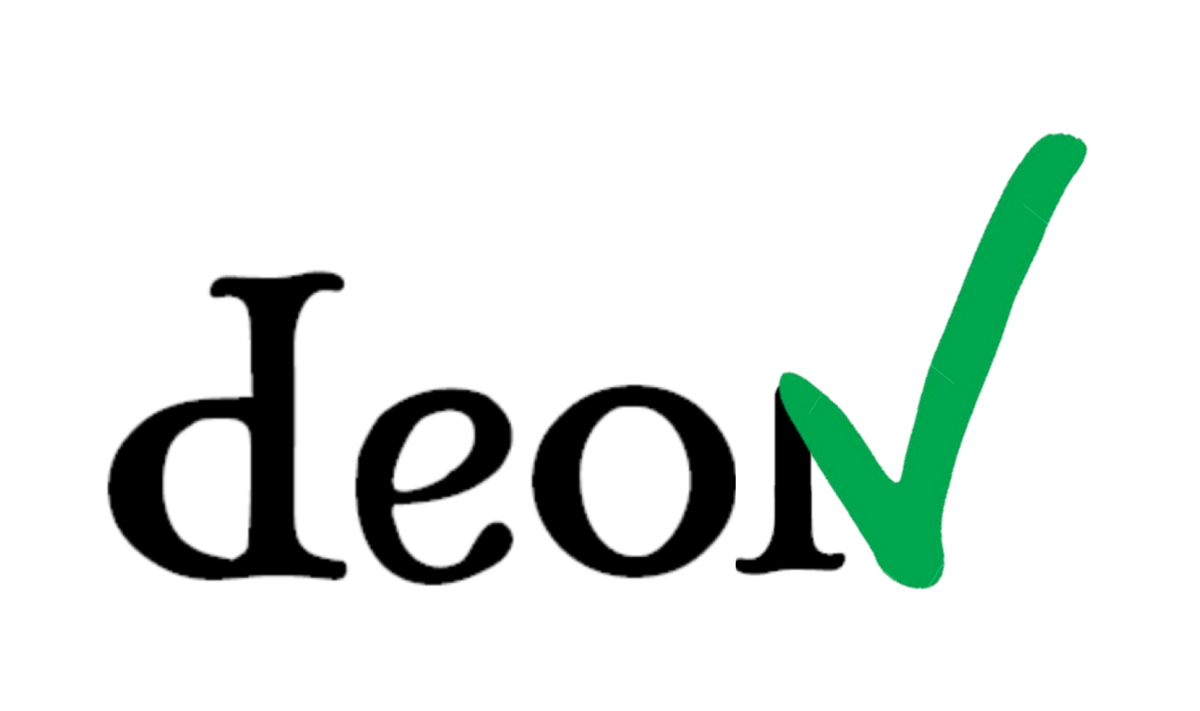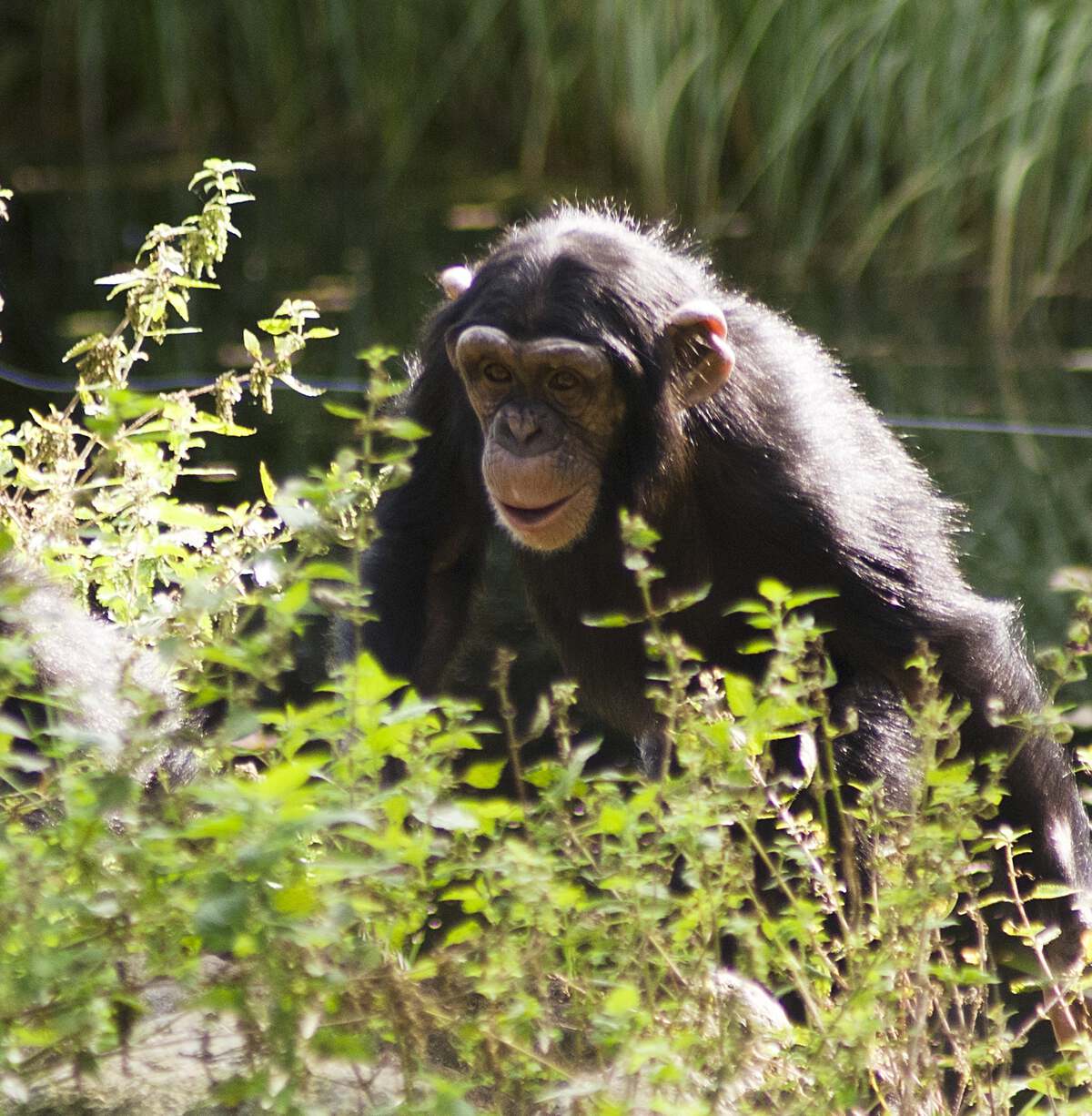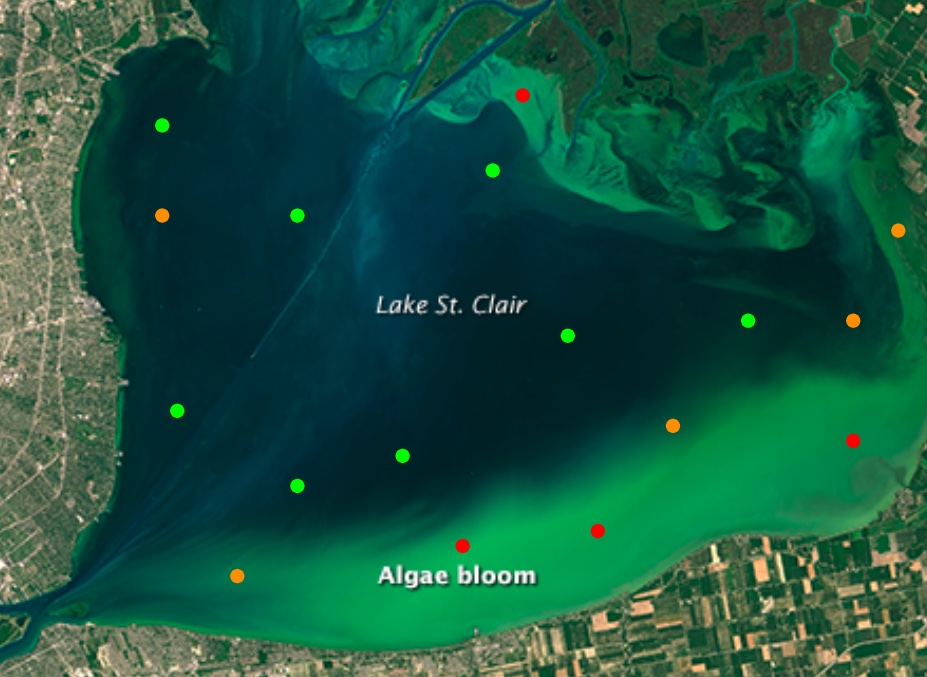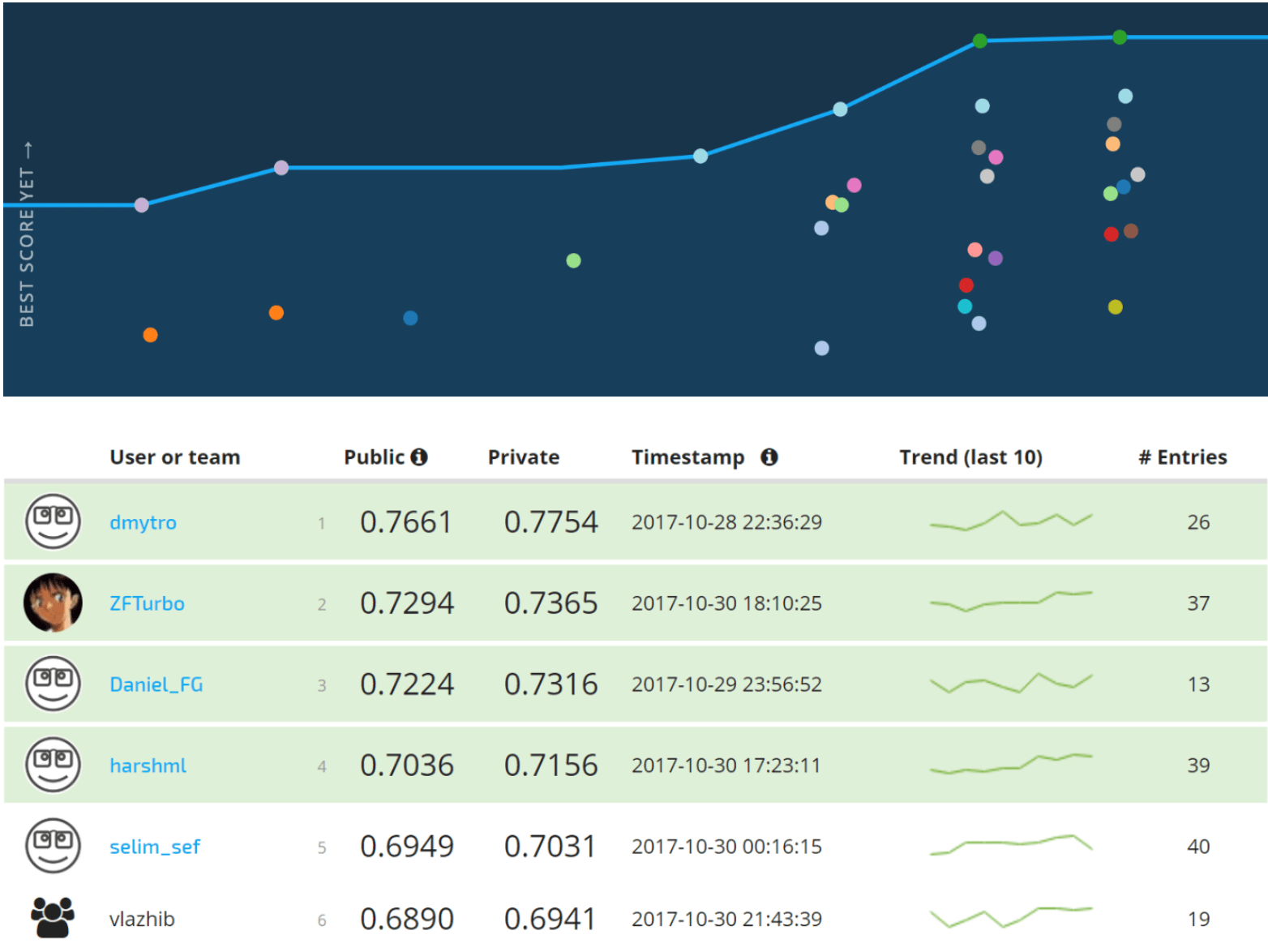Open source projects
DrivenData builds and maintains a number of popular open source projects for the data science, machine learning, and software engineering communities. Check them out here!
Open source aligns with our mission to support the community of developers devoted to reproducible science and social impact. For organizations looking for support with their own projects, learn more about our open source services. For developers interested in contributing, you can find us on Github.
